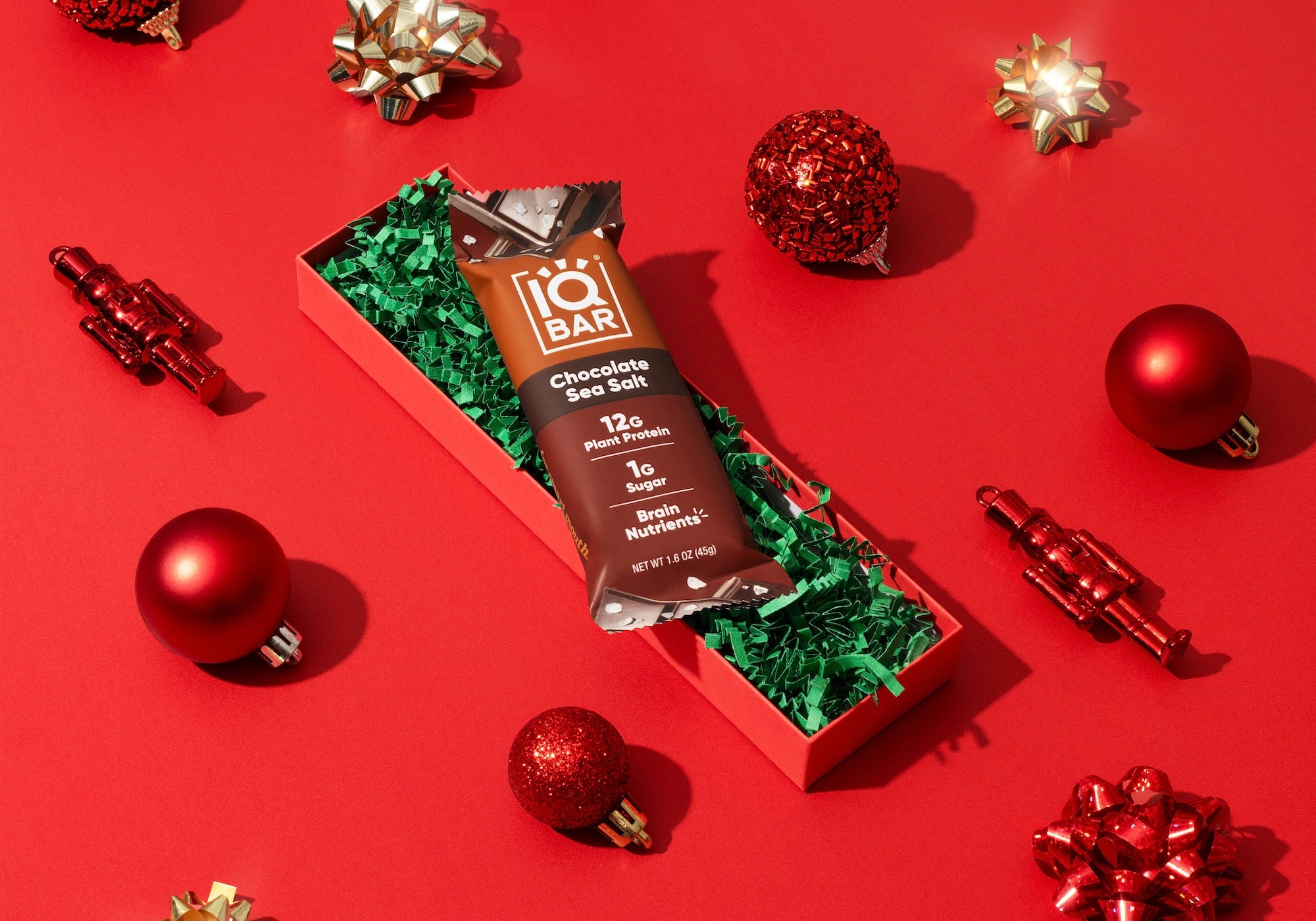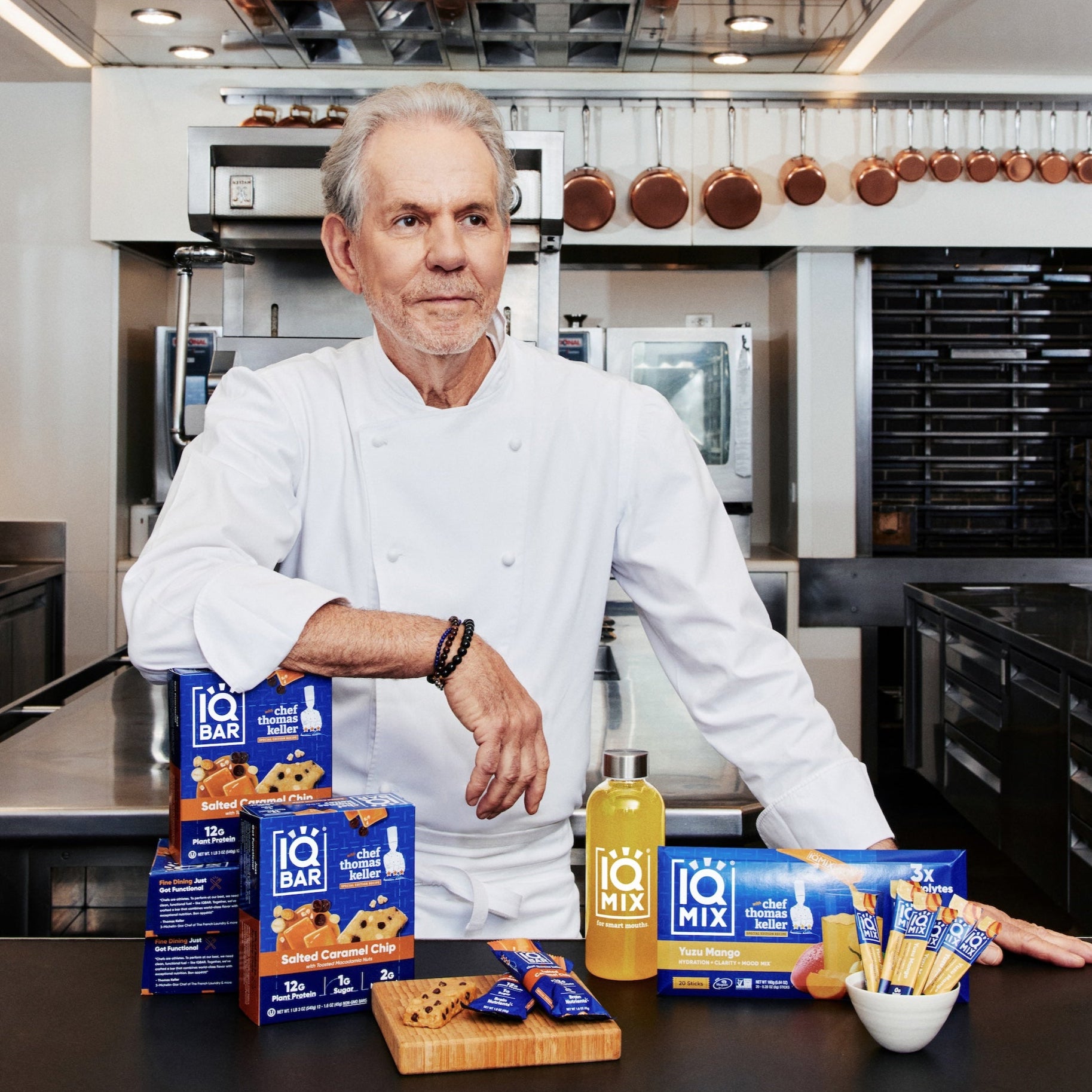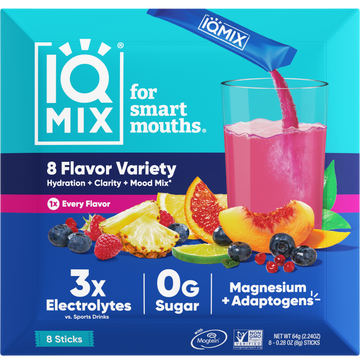Coffee is a beverage that’s cherished globally for its ability to kickstart your day. But beyond its well-known energizing properties, recent research has begun to unveil a fascinating layer to this beloved drink—its potential benefits for liver health.
In fact, a 2021 study found that drinking three or four cups of coffee daily may reduce your risk of developing and dying from chronic liver diseases.[*]
But what exactly ties drinking coffee to liver health? Here’s what you need to know.
First Things First: Why Is Liver Health Important?
Before diving into the intriguing relationship between coffee and liver health, it’s essential to understand why the liver is so vital to our overall well-being. The liver, often an unsung hero in the human body, performs over 500 different functions![*] Some of these include:
- Filtering toxins from the blood and breaking them down into harmless substances to facilitate excretion from the body.
- Metabolizing nutrients from your food, converting them into essential energy and building blocks for the body.
- Synthesizing various critical compounds, such as bile, which aids digestion, and albumin, which binds and transports various substances including hormones, vitamins, and medications.
- Regulating the levels of most of the main blood components, including glucose and amino acids.
Health Issues Involving the Liver Are On the Rise
Given these crucial functions, it’s clear that liver health is directly linked to overall health. Conditions like hepatitis, nonalcoholic fatty liver disease (NAFLD), cirrhosis, and liver cancer are not only detrimental to liver function but also pose severe threats to whole-body health.
Even more concerning? These conditions are on the rise. According to the American Liver Foundation, nonalcoholic fatty liver disease, which is the buildup of extra fat in liver cells that's not caused by alcohol, affects up to 25% of Americans. And diagnoses of this disease have more than doubled in children over the past 20 years.[*]
What’s more, according to the American Cancer Society, liver cancer rates have more than tripled since 1980, and the death rates have more than doubled.[*]
A range of risk factors contributes to this uptrend, including alcohol consumption, obesity, diabetes, smoking, and infections from hepatitis B and C.
Research on Coffee and Liver Health
These escalating figures serve as a stark reminder of the importance of liver health and the need for increased awareness and preventive measures. While living an overall healthy lifestyle is vital (i.e., limiting alcohol, eating healthy, and exercising), a growing body of research suggests that regular coffee intake may have protective effects against various liver conditions.
- A 2016 study found that drinking more than two cups of coffee daily was associated with lower rates of liver scarring and liver cancer in people with liver disease.[*]
- A 2017 study found that the more coffee people drank, the lower their risk of dying from chronic liver disease. Drinking one cup of coffee daily was linked to a 15% lower risk while drinking four cups daily was tied to a 71% lower risk.[*]
- A 2021 study that looked at the coffee habits of more than 494,000 people over 11 years found that coffee drinkers were 20% less likely to develop chronic or fatty liver disease, 21% less likely to develop chronic liver disease, and 49% less likely to die of chronic liver disease than non-coffee drinkers.[*] Benefits were found for regular coffee, decaffeinated coffee, and instant coffee.
- A 2021 study found that coffee consumption was associated with decreased liver stiffness, which is a measure used to assess fibrosis, the formation of scar tissue in the liver.[*]
- A 2021 study comprised of two meta-analyses found that regular coffee consumption is associated with a reduced risk of nonalcoholic fatty liver disease (NAFLD). Regular coffee consumption was also associated with a decreased risk of the development of liver fibrosis in people already diagnosed with NAFLD.[*]
How Does Coffee Benefit the Liver?
So, how exactly do the effects of coffee support the liver? While the exact mechanisms behind the health benefits of coffee aren’t crystal clear, there are several possibilities, including:
Antioxidant Effects
Coffee is rich in compounds like chlorogenic acid, cafestol, and kahweol, which are known for their potent antioxidant properties.[*] These antioxidants help neutralize harmful free radicals in the body, reducing oxidative stress and cellular damage in the liver.[*] This is particularly beneficial in preventing chronic liver conditions like nonalcoholic fatty liver disease (NAFLD) and liver cirrhosis.
Anti-Inflammatory Properties
Chronic inflammation is a key factor in many liver diseases. Coffee contains anti-inflammatory compounds that may help mitigate this. Regular coffee consumption has been associated with lower levels of liver enzymes, such as alanine aminotransferase (ALT) and aspartate aminotransferase (AST), which are markers of liver inflammation and damage.[*]
Reduced Scar Tissue
When your body digests caffeine, it makes a chemical called paraxanthine, which slows the growth of the scar tissue involved in fibrosis.[*] That may help fight liver cancer, alcohol-related cirrhosis, non-alcohol-related fatty liver disease, and hepatitis C.
Inhibition of Hepatitis B Virus
Those with chronic hepatitis B infection (lasting six months or longer) can lead to serious complications, such as scarring of the liver (cirrhosis) and liver cancer.[*]
While data on the association between hepatitis B and coffee consumption are limited, there are at least two experimental studies linking coffee constituents to the inhibition of hepatitis B virus.[*]
Incorporating Coffee Into Your Daily Routine
The general consensus among health experts is that moderate coffee consumption is beneficial for most adults. This typically translates up to 3-4 cups per day or two sticks of IQJOE instant coffee (equivalent to approximately 400 milligrams of caffeine).
While a regular cup of coffee will get the job done, IQJOE instant coffee distinguishes itself by being more than just a caffeine fix. It’s a thoughtfully crafted blend designed to enhance cognitive performance, mood, and energy without the common pitfalls of regular coffee. Let’s explore the three key nutrients that make IQJOE stand out:
- Magtein (750mg Magtein® - Mg L-threonate): This is not just any magnesium. Magtein® is a clinically studied form of magnesium, specifically Mg L-threonate, known for its beneficial effects on cognition and mood. Unlike standard magnesium supplements, Magtein® is designed to cross the blood-brain barrier, directly impacting brain function to enhance memory and cognitive ability while also playing a role in mood regulation.
- Lion’s Mane (250mg Lion’s Mane - 8X-Concentrated): Lion’s mane, a revered medicinal mushroom, is incorporated in a highly concentrated form. It’s well-known for its neuroprotective properties and ability to stimulate brain cell growth. This super-concentrated 8X extract of lion’s mane enhances cognitive functions, including concentration, focus, and memory.
- Natural Caffeine (200mg): The caffeine in IQJOE is derived from natural sources and is carefully measured at 200mg to provide a robust flavor and sustained energy.
The adaptogenic properties of the lion’s mane and the soothing properties of the magnesium may also reduce or eliminate negative side effects of caffeine, like increased heart rate and jitters.
☕️Try IQJOE in Original Black, Vanilla Spice, Toasted Hazelnut, and Caffè Mocha.
A Final Word on Coffee and Liver Health
Moderate coffee consumption can be more than just a comforting ritual. It holds the potential to contribute positively to your liver health and overall well-being. So, the next time you savor your favorite cup, remember that you might just be giving your liver a reason to thank you.
Written by Katie Koschalk, a health and wellness writer, certified holistic nutritionist, and certified personal trainer based in California.





